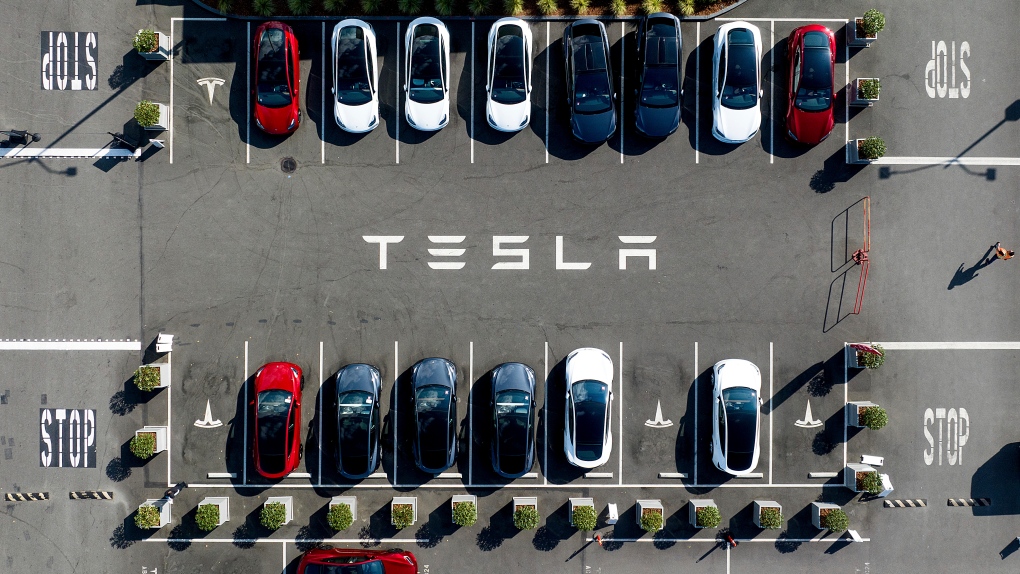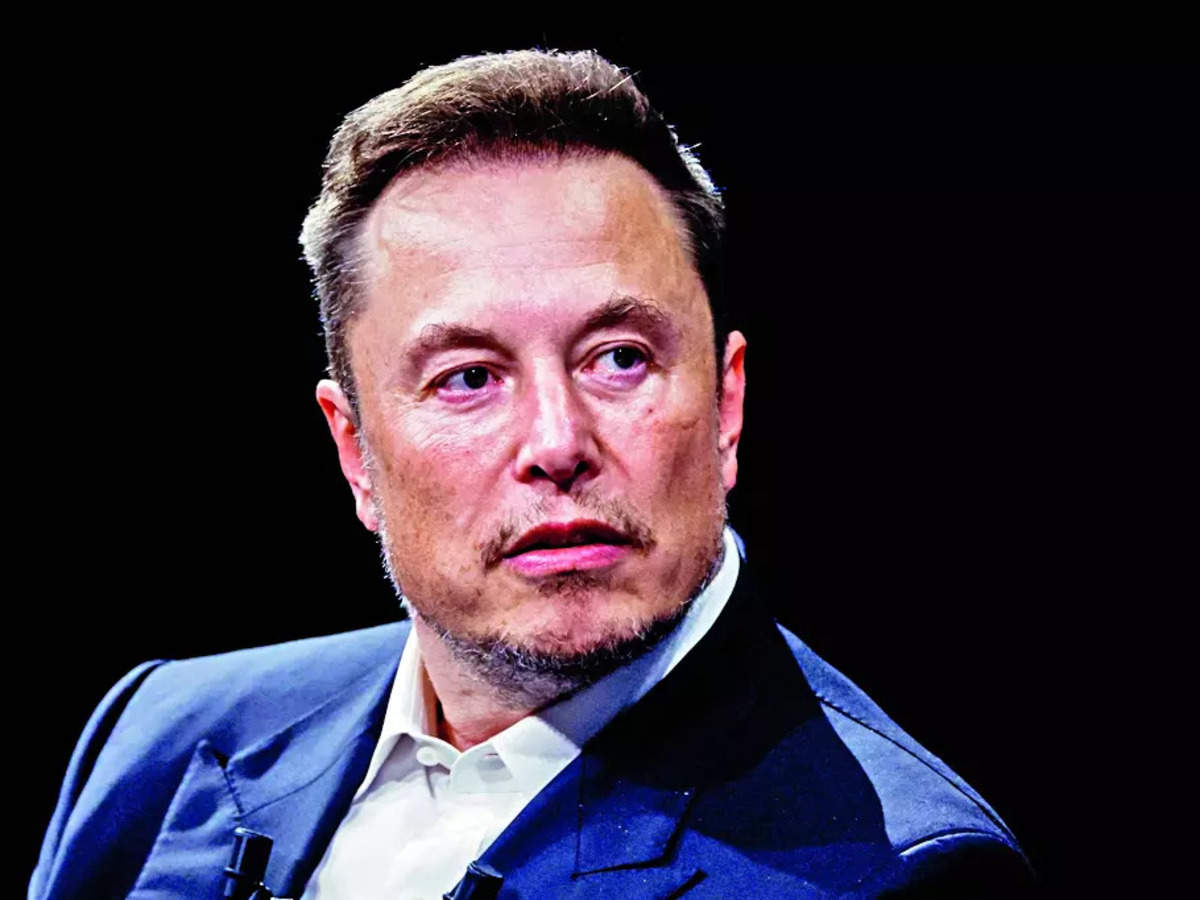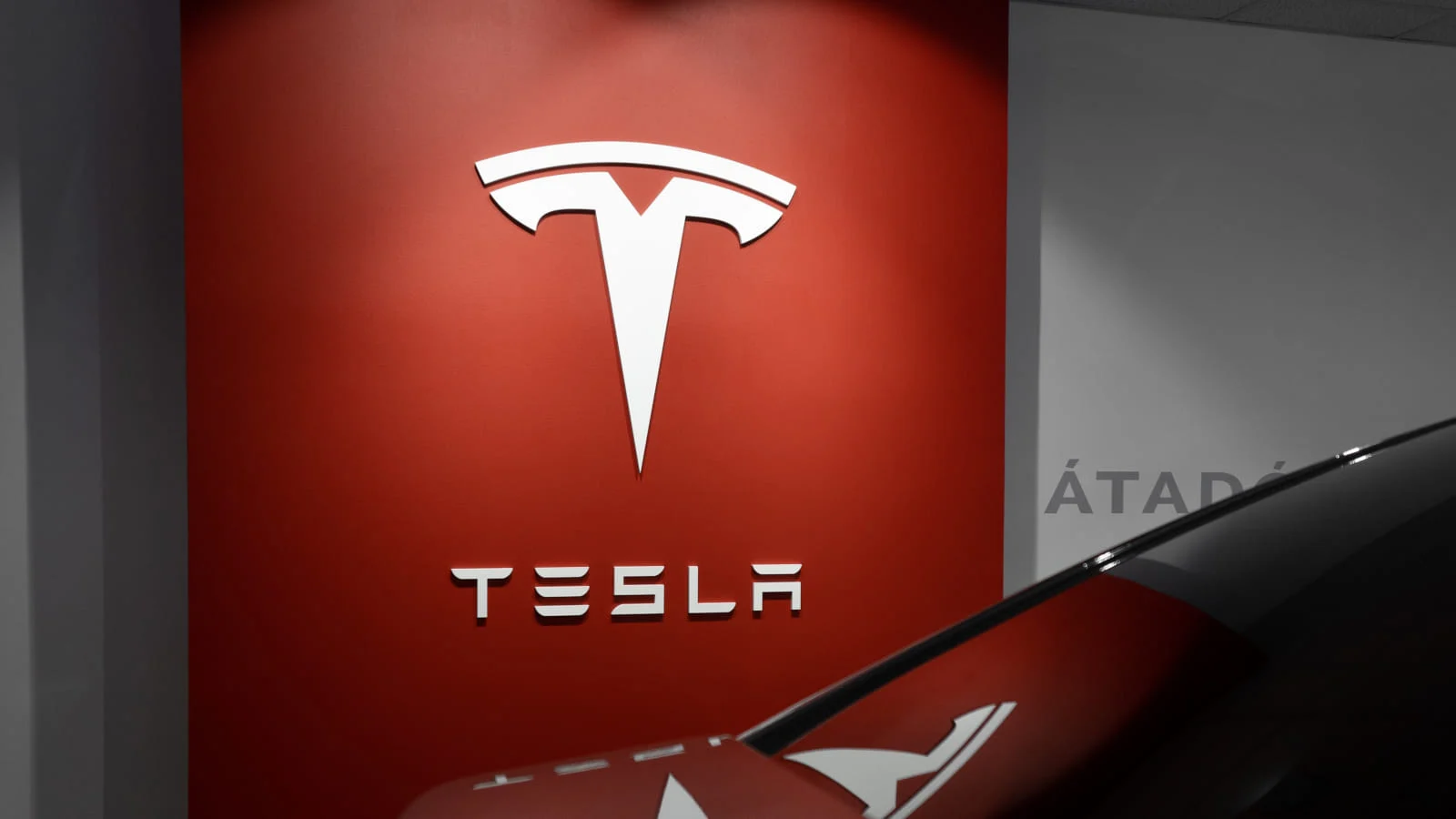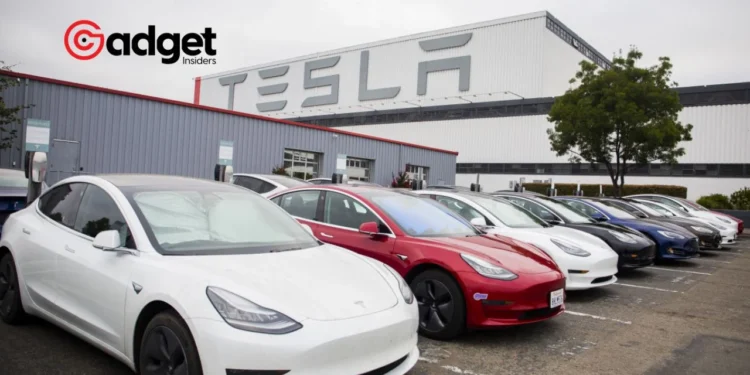In a striking challenge against workplace discrimination, Tesla, the pioneering electric vehicle manufacturer led by the enigmatic Elon Musk, finds itself embroiled in a legal battle that has captured the nation’s attention. A federal judge in California, Jacqueline Scott Corley, is at the helm of a case that could set a precedent for how racial harassment claims are handled in the tech and manufacturing sectors.
Tesla: The Heart of the Matter
At the core of this controversy is a lawsuit filed by the U.S. Equal Employment Opportunity Commission (EEOC) against Tesla. The complaint paints a disturbing picture of the working conditions at Tesla’s Fremont assembly plant, where Black workers have allegedly been subjected to a barrage of racial slurs and symbols of hate, including swastikas and nooses, since 2015. Despite these serious allegations, it’s claimed that the automobile company has failed to adequately investigate or address the complaints, allowing a hostile work environment to persist.

A Contentious Hearing
During a recent hearing, Tesla’s defense strategy was met with skepticism by Judge Corley, who highlighted the significance of the allegations. The company’s lawyers argued that the EEOC’s lawsuit lacked specificity, particularly regarding the identities of the workers who faced discrimination and the exact circumstances of their experiences. However, Corley countered this argument by emphasizing the lawsuit’s assertion that racism at the plant was so widespread it created a pervasive hostile environment for Black workers.

Beyond the Courtroom
The case against Tesla is not isolated. The electric vehicle giant also faces similar accusations in a separate lawsuit by a California civil rights agency and a class action representing 6,000 Black workers. Despite these challenges, Tesla maintains its innocence, denying any wrongdoing in all three cases.
Tesla appears unlikely to nix US suit alleging bias against Black workers https://t.co/MqnrDqKsLx pic.twitter.com/2qH5ZSXs8f
— Reuters (@Reuters) March 28, 2024
What Lies Ahead
As the legal proceedings unfold, the EEOC seeks not only compensatory and punitive damages for the affected workers but also a comprehensive overhaul of Tesla’s policies to eradicate discrimination and retaliation. The outcome of this case could have far-reaching implications, potentially inspiring a wave of policy reforms across the industry.

Tesla’s journey through the legal system underscores the importance of corporate accountability and the ongoing struggle for a fair and respectful workplace. As the world watches, the resolution of this case could mark a significant step forward in the fight against workplace discrimination.










